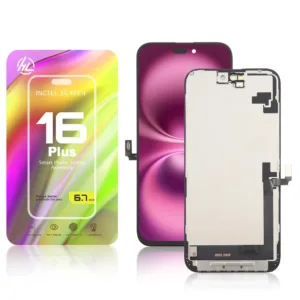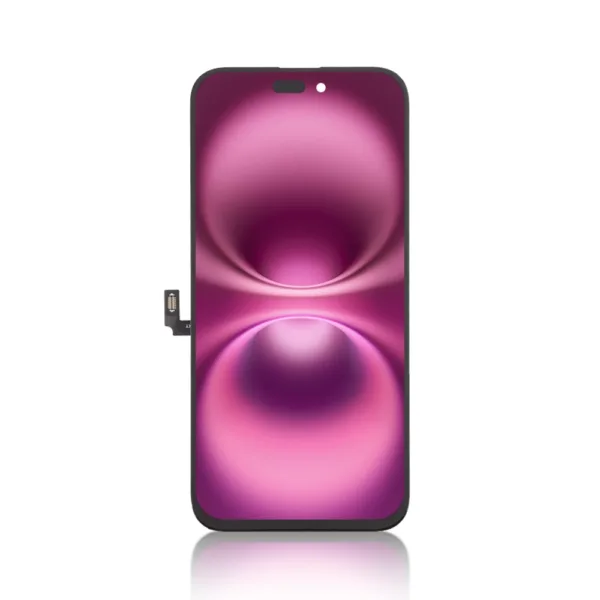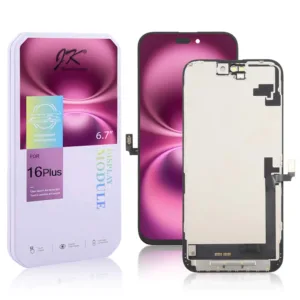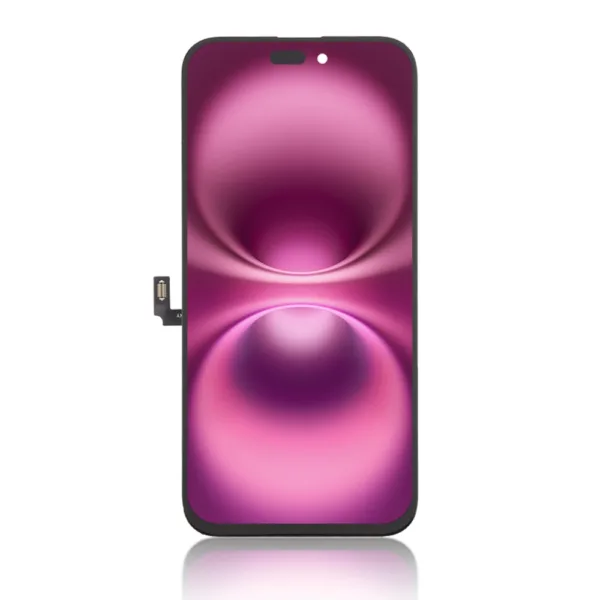No products in the cart.
Need Help? WhatsApp +44 7415 110339
Email us at [email protected]
For Trade Customers Only
Enjoy Free Shipping over £200!
Need Help? WhatsApp +44 7415 110339
Email us at [email protected]
For Trade Customers Only
Enjoy Free Shipping over £200!
Categories
Brands
- Apple LCDs
- Samsung LCDs
- Other LCDs
- Parts
- Computer
- Accessories
- HOCO
- ANG
- Cases & Covers
- iPhone Cases & Covers
- iPhone 16 Covers
- iPhone 16 Plus Covers
- iPhone 16 Pro Covers
- iPhone 16 Pro Max Covers
- iPhone 15 Covers
- iPhone 15 Plus Covers
- iPhone 15 Pro Covers
- iPhone 15 Pro Max Covers
- iPhone 14 Series Covers
- iPhone 13 Series Covers
- iPhone 12 Series Covers
- iPhone 11 Series Covers
- iPhone X Series Covers
- iPhone 5/6/7/8 Series Covers
- Samsung Galaxy Cases & Covers
- Samsung S25 Covers
- Samsung S25 Plus Covers
- Samsung S25 Ultra Covers
- Samsung S24 Covers
- Samsung S24 FE Covers
- Samsung S24 Plus Covers
- Samsung S24 Ultra Covers
- Samsung S23 Covers
- Samsung S23 Plus Covers
- Samsung S23 Ultra Covers
- Samsung S22 Covers
- Samsung S22 Plus Covers
- Samsung S22 Ultra Covers
- Samsung S21 Series Covers
- Samsung S10 Series Covers
- Samsung S9 Series Covers
- Samsung S8 Series Covers
- Samsung S7 Series Covers
- Samsung S6 Series Covers
- All Samsung Galaxy Cases & Covers
- Original Anti Burst Case
- Clear TPU Gel Cases
- Black GEL TPU Cases
- Book Cases
- Magsafe Clear Cases
- Ring Armor Cases
- Kids Cases
- Tab Leather Cases
- Other Cases
- iPhone Cases & Covers
Need help? Call us:
+44 207 - 1239540
Shopping cart (0)
Subtotal: £0.00
Spend £200.00 to get free shipping
Congratulations! You've got free shipping.

Fliter by price
Product Status
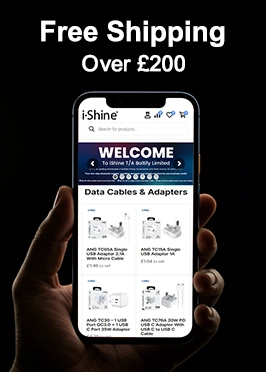
HL HD+ Incell iPhone 16 Plus LCD Module Display and Touch Screen Digitizer Assembly
£46.99 Ex VATIn stock
JK FHD Incell iPhone 16 Plus LCD Module Display and Touch Screen Digitizer Assembly
£49.99 Ex VATIn stock
Fliter by price
Product Status
Wholesale iPhone 16 Plus LCD Screen
The iPhone 16 Plus, released in 2024, continues Apple's tradition of delivering high-quality displays. While the Pro models feature advanced OLED panels, the iPhone 16 Plus stands out with its LCD screen, offering a unique balance between performance, energy efficiency, and cost-effectiveness. This article delves into the specifics of the wholesale iPhone 16 Plus LCD screen, comparing it with OLED technology and evaluating its impact on user experience.
Display Technology: InCell LCD vs. OLED
The iPhone 16 Plus employs an InCell LCD display, a technology where the touch sensors are integrated directly into the LCD panel, resulting in a thinner and more responsive screen. This differs from traditional LCDs, where touch sensors are separate layers. In contrast, the Pro models utilize OLED displays, where each pixel emits its own light, allowing for deeper blacks and more vibrant colors.
Comparison
- Color Accuracy:
OLED displays generally offer superior color reproduction and contrast ratios due to their ability to turn off individual pixels completely, achieving true blacks. In cell LCDs, while offering good color accuracy, may not match the depth and richness of OLED screens.
- Brightness:
OLED screens can achieve higher peak brightness levels, enhancing visibility under direct sunlight. In cell LCDs typically have lower peak brightness but still perform adequately in various lighting conditions.
- Energy Efficiency:
OLED displays can be more energy-efficient when displaying darker content, as black pixels consume no power. Incell LCDs consume a consistent amount of power regardless of the content displayed.
Advantages of the iPhone 16 Plus LCD Screen
- Cost Effectiveness:
The use of an In Cell LCD allows Apple to offer the iPhone 16 Plus at a more affordable price point compared to the Pro models, making it accessible to a broader audience.
- Battery Efficiency:
The consistent power consumption of the LCD screen contributes to the iPhone 16 Plus's impressive battery life, with users reporting up to 27 hours of video playback.
- Durability:
LCD screens are less prone to burn-in issues compared to OLED displays, ensuring longevity and consistent performance over time.
- Repairability: LCD screens are generally easier and less expensive to replace, enhancing the device's overall repairability.
Limitations of the LCD Screen
- Inferior Contrast Ratios:
The inability to turn off individual pixels results in lower contrast ratios, affecting the depth of blacks and overall visual appeal.
- Lower Peak Brightness:
While sufficient for most scenarios, the LCD screen's peak brightness may not match the brilliance of OLED displays, especially in HDR content.
- Lack of ProMotion Technology:
The iPhone 16 Plus's 60Hz refresh rate is standard, lacking the smoother 120Hz ProMotion technology found in the Pro models.
Impact on Battery Life and Display Performance
The iPhone 16 Plus LCD screen plays a pivotal role in its exceptional battery performance. The consistent power draw of the LCD, combined with the device's efficient A18 chip and power management in iOS 18, contributes to extended usage times. Users have reported over 19 hours of web browsing and more than 23 hours of video playback.
Is the LCD Screen the Best Value?
For users seeking a balance between performance and cost, the iPhone 16 Plus's LCD screen offers compelling advantages. While OLED displays provide superior contrast and color accuracy, the LCD screen's benefits in battery life, durability, and affordability make it an attractive option for many users.
Availability at iShine T/A Boltify Limited
For those interested in Buy iPhone 16 Plus LCD Screens, iShine T/A Boltify Limited offers competitive pricing and reliable service. They provide various storage options and color choices, ensuring customers find the model that best suits their preferences.
Conclusion
The iPhone 16 Plus InCell LCD screen exemplifies Apple's commitment to delivering quality displays that cater to a wide range of users. While it may not match the Pro models in every aspect, it offers a balanced and cost-effective alternative without compromising on essential features. Whether upgrading or switching to iOS, the iPhone 16 Plus presents a compelling choice in the smartphone market.

